A Cult of Personality
Populism sounds good on paper. But in practice? Not so much.
Populism is having a moment. And according to former Republican Speaker of the House, Paul Ryan, “We have populism untethered to principle, kind of a cult of personality populism… and that is not coherent.”
What is Paul Ryan referring to specifically when he talks about populism?
In some ways, populism is like communism. It’s an idea that might sound good on paper, but in practice, not so much. Communism can seem seductive, like “everyone will have what they need, no one will be a billionaire, but also no one will live in poverty.”
But in practice, communism looks like Stalin. It's tens of millions of your own citizens dead not just from war, but from starvation and government violence. Populism isn’t based on the same belief set as communism, but it shares a common problem. Sounds good, but in practice ultimately is not.
Andrew Jackson was, in many ways, the pioneer of American populism.
Jackson grew up exceptionally poor. By the time he was an early teen, he had already been a British prisoner of war and become an orphan.
His schooling was also quite subpar in comparison to the big boys of early American political thought. He was no Virginia Tidewater planter or New York financier. He had no Philadelphia or Boston pedigree on which to lean, so he headed to the frontier, which at the time was Tennessee. He made some money for himself, and one of the first things he did was buy people to enslave.
I won’t give you Jackson’s entire life story, but suffice it to say he never found success in an institution where cooperation was required. He dropped out of Congress. Twice. Other members of Congress were not sorry to see him go.
Where he did find success was in areas where he could do exactly as he pleased. As a military leader. As a judge. And later, as president.
It’s no secret Jackson was difficult to get along with, and had a long history of dueling people in fits of temper. He lived with shrapnel in his chest from one such altercation. Someone tried to assassinate him on the steps of the U.S. Capitol and instead of getting shot, AJ beat up his assailant with a cane.
Even as president, he just could not get along with others, and this led to scandal. Most of his cabinet was either fired or quit.
So, for a man who was so disagreeable that he was regularly shot at, how did he get elected?
His use of populism spoke to people.
Populism (on paper) is the belief that the common man knows better than the elites that are trying to rule over them. And when you understand Jackson’s background, you can see how his disagreeable personality made him scrappy. And his poverty-stricken childhood made him resentful of those more pedigreed people who came before him.
The Washingtons and Jeffersons and Madisons and Monroes of the world all had what he didn't: status as an elite. And though he tried, he could not make himself an elite like he wanted to be. He didn’t have the education, connections, or personality for it.
And what does someone who is resentful of elites do? They try to tear down the institutions built by elites. They paint the elites (and all of their ideas) as out of touch or worse, as evil.
For Jackson, one of the objects of his ire was the central bank of the United States, an “elite” institution. Another was the electoral college, something that he believed benefited the privileged and took power away from the little guys. Jackson spoke to the average white male voter and made him feel like he was not alone in his frustrations. He made them feel legitimate, that when the little guys felt lorded over and looked down upon by people above their station, that they were right to feel that way.
The problem with being against the elites of Jackson’s time was that they literally constructed the democratic institutions upon which government rested. Jackson famously just refused to obey Supreme Court orders. He was like, “let them come down to Georgia and enforce that themselves.”
To attack the institutions that were built by the founders was to attack American democracy itself.
Various populist movements have sprung up around the world in history. You can have left wing and right wing populist movements. Currently, right wing populism is more popular and successful. Populism in practice does not lead to more power for the people. It leads to a cult of personality like Paul Ryan was referring to.
In practice, it leads to a leader with a posture of “I alone can save you, the people, from the elites.” In order to save the citizens from the elites, the leader must exercise more and more power and control, which again, is anti-democratic.
Jackson isn’t the only populist who has risen to power in the United States.
You can look back at George Wallace, the Democratic governor of Alabama for four terms in the 1960s, 70s, and 80s (he also ran for president four times). Wallace was an avowed segregationist before being shot and having a come-to-Jesus moment in a hospital room with Representative Shirley Chisholm. Wallace didn’t use the phrase “elites” so much as “intellectuals” and “briefcase-touting bureaucrats.” He resented the elite federal government’s intrusion into Alabama’s politics – if the little guys wanted segregation, who were the feds to tell them otherwise?
A populist movement brought another left wing politician to power in Venezuela: Hugo Chavez. More than a decade after he died in office, Venezuela country is still facing a brutal, violent economic crisis that started under his leadership. Viktor Orban of Hungary is another example of a populist leader, and since he came to power, democracy and civil rights have decreased noticeably there.
Today’s American populist movement uses language like “drain the swamp.” What does that mean? It means getting rid of the “elites” of the federal bureaucracy. It looks like QAnon, which is predicated on very old antisemitic tropes of the idea that a secret cabal of Jews controls the world.
Populism in practice leads to people believing their preferred leaders are infallible. Because only their preferred leader can save them from the elites.
Populism says it’s for the little guy. But in reality, populism leads to an increase in authoritarian rule.
Populism in practice is not really for anything. It is only against things. When all you are is against things, you must constantly find new things to be against in order to stay relevant. It requires constantly manufacturing crises so that leaders can stay relevant, like *cough* removing the speaker of the House when there is no one to replace him with *cough*.
Populists dislike democratic institutions because they are run by elites. But don’t be led astray, democratic institutions are the foundations of the republic. Without them, we are not a nation of laws, and we can easily fall prey to someone claiming “I alone can save us.” And that has never been and will never be true.
So this is what Paul Ryan was referring to. There is a segment of the Republican party in Congress that is part of the current populist movement, and they are not interested in upholding the institutions of democracy.
And because this movement is not interested in building, only in destroying, it does not lead to productive governance. It doesn’t lead to a meaningful conversation about how to build consensus. It leads to personality cults that rack in huge fundraising dollars and center themselves as wannabe heroes of the average American.
But true American heroes don't seek to destroy the foundations of democracy. In this case, it’s more important to pay attention to what people do, and not what people say.
I don’t have investors or work for a news organization. My work is supported by you. The best way you can ensure that you’ll see more valuable pieces in the future is to subscribe today.



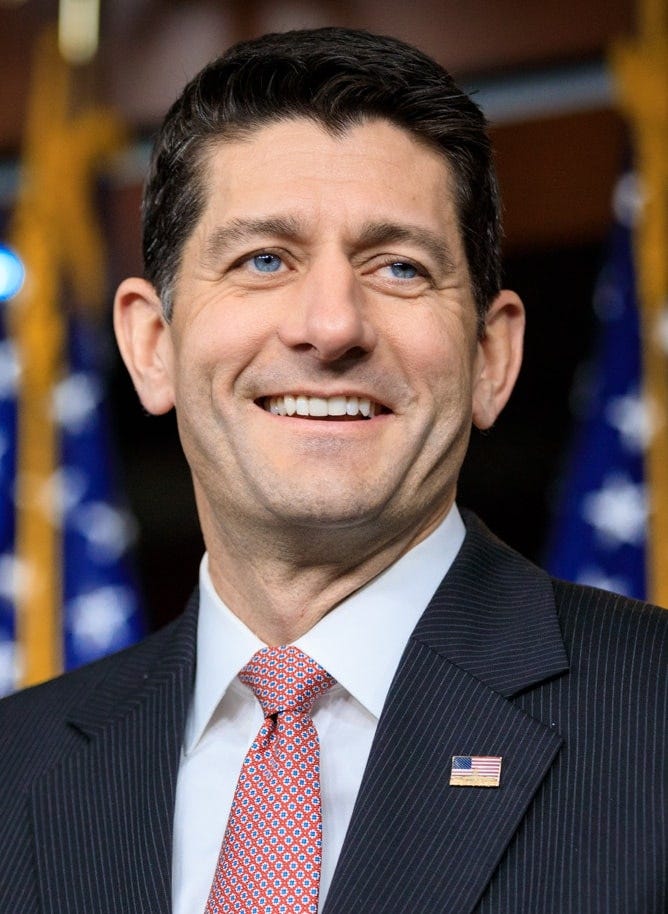
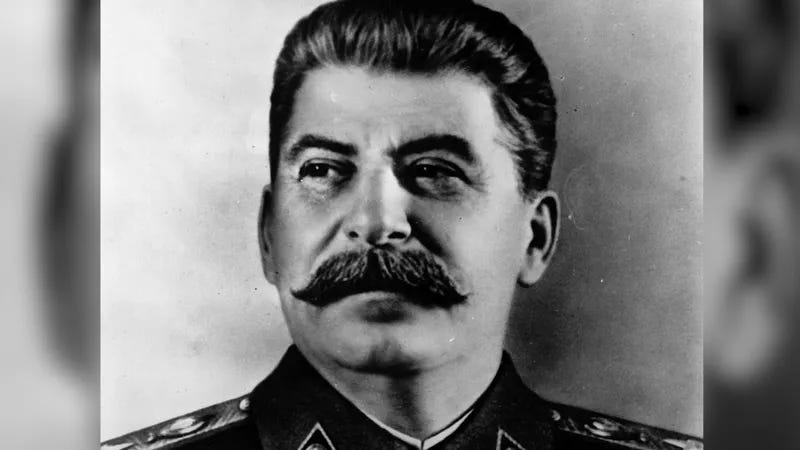
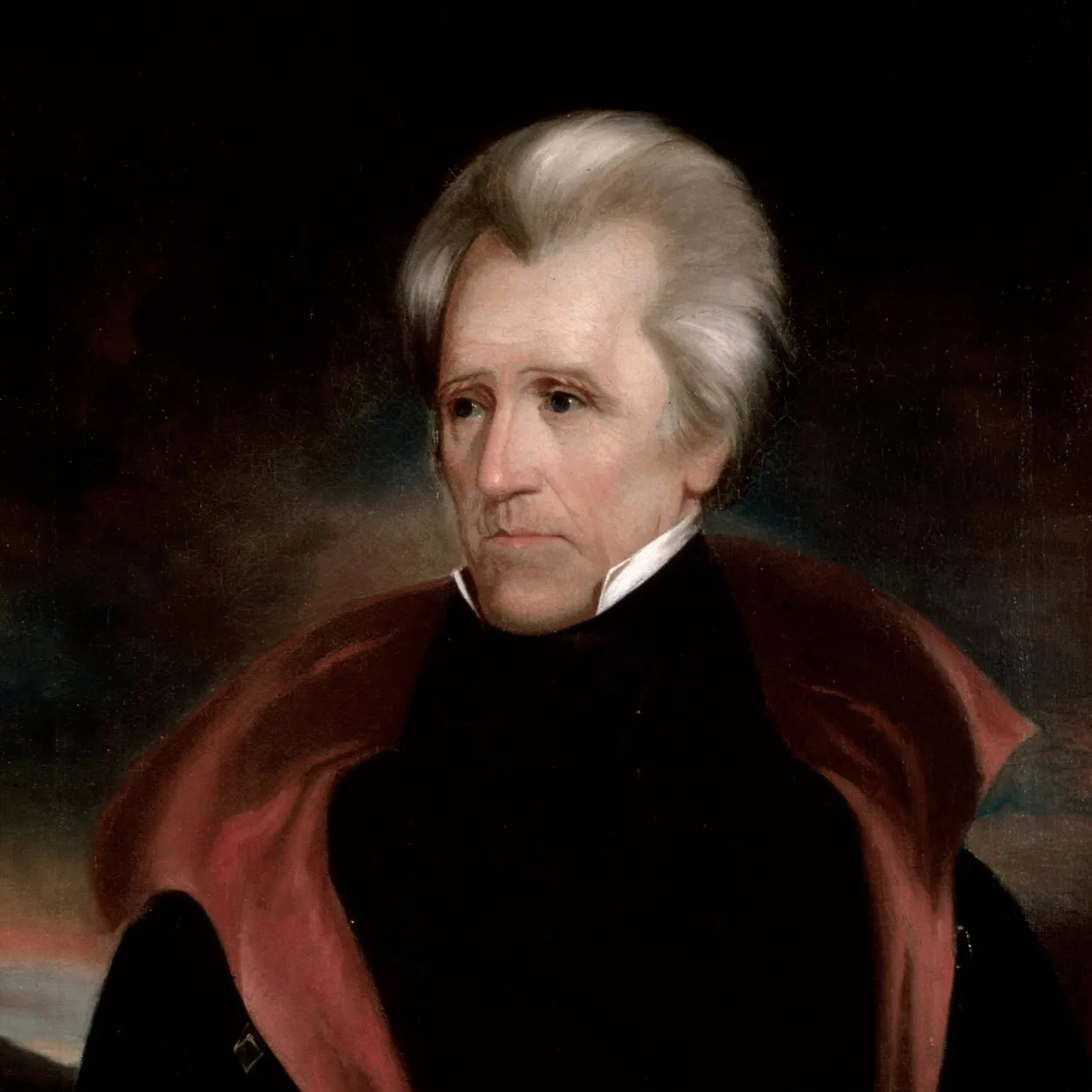
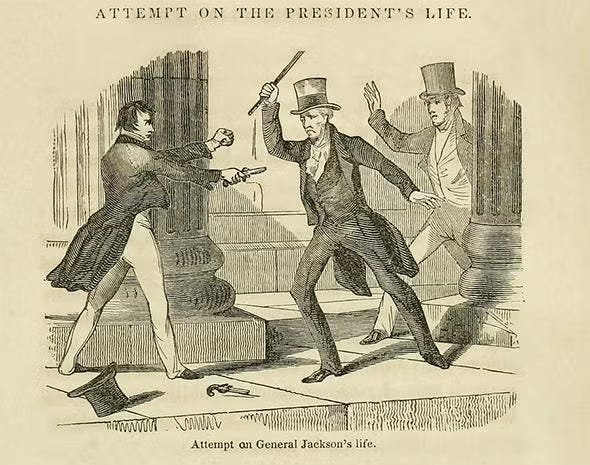

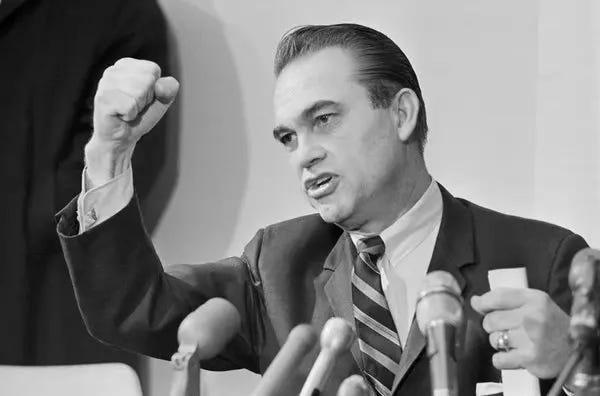
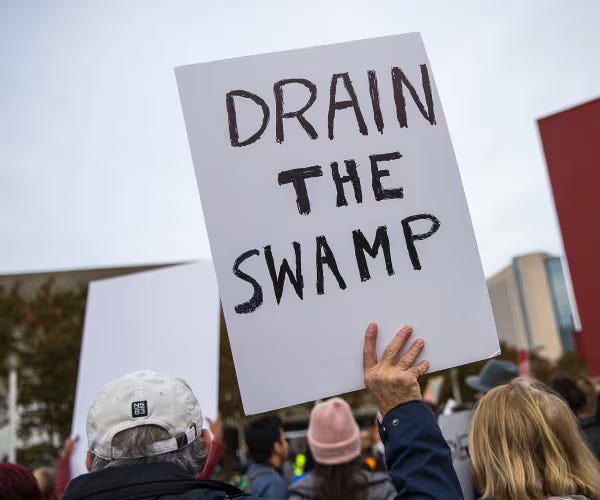
The fascinating aspect of this current movement is that the person they are rallying around is someone of the elite class. Donald Trump doesn’t know what it is to be one of the little guys.
Would love this to be required reading for every elected official! Our systems of democracy are not perfect, but the foundations they create are essential to our democracy.